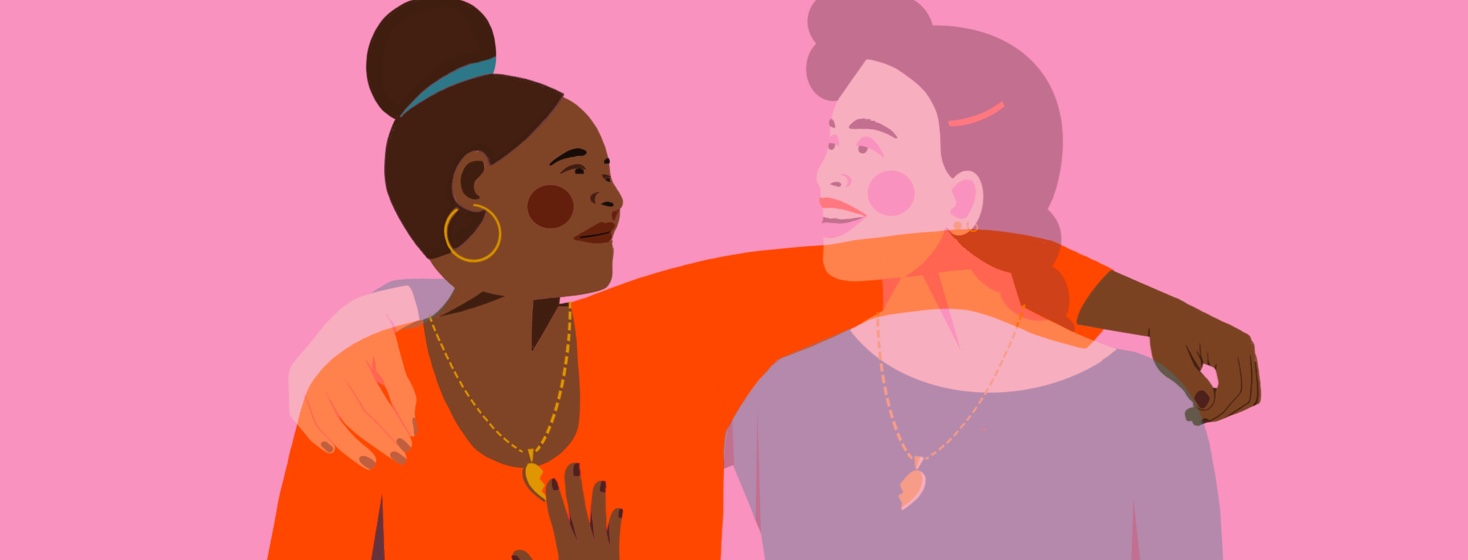When Did Cancer Ghosting Become a Thing?
Most people are familiar with the term "ghosting." It’s often used in a dating context when one person suddenly cuts ties with the other with no explanation. But are you familiar with "cancer ghosting?"
It’s a thing. Apparently, cancer ghosting is prevalent and something often discussed on patient forums such as this one.
Cancer ghosting is common
There’s even been independent, informal research on the topic on a social networking app. Basically what was discovered is that, more often than not, people with blood cancer and other cancers have experienced friends and relatives cutting contact entirely with them or pulling away after they were diagnosed. They simply disappear, never to be heard from again.
Why? Well, that's a good question.
They run for the hills
In my own experience, I’ve termed the phenomenon as “hill-running.” (You know, running for the hills instead of sticking around and being supportive as some might expect).
I’ve also heard anecdotal evidence showing that this cancer ghosting happens with patients’ spouses, boyfriends, and girlfriends and couples planning marriages.
In sickness and in health?
More than one person has relayed that their engagements were broken off fairly close to the wedding dates. It seems the brides and grooms-to-be couldn’t, in good conscience, commit to the “in sickness and in health” bit. So, they fled. Vanished into thin air. It makes me wonder whatever happened to "love conquers all?"
But why is this situation so common? And, was it something you expected when you received your blood cancer diagnosis?
For me, it came as a surprise and was disappointing. The blow was softened somewhat when I learned just how common cancer ghosting is for so many individuals with the disease.
Phantom friends?
One explanation (excuse?) for going the apparition route is that the friend/loved one doesn’t know how to handle the bad news of a cancer diagnosis.
To this I say: if you think it feels bad for you, imagine what the patient is going through.
Another refrain is that the non-supporter does not know how to act, what to say, or fears worrying about the person with illness will become too much to handle.
Act like you've always acted
If I had to respond to these reasons, I would say, act like you always acted, say what you want to say, and you are probably stronger than you think.
People with blood cancer are stronger than they think, too, so it’ll likely be cool to hang out together.
Or not.
If you think you’ll feel too awkward interacting with your friend/relative/spouse in this “new normal,” why not have a conversation about it?
Explaining your hesitation or reluctance to continue the relationship under the circumstances would, at the very least, give some sort of closure for the patient.
We are still the same people
Personally, I think the mere mortals, if they stick around, will figure out that people with blood cancer are largely the same people they were before.
It’s true that we aren’t exactly the same, but there’s likely enough of the old “us” there to recognize.
Many of us with cancer would prefer not to always have life revolve around talking about it. There are times when the topic is inevitable and other occasions when I, for one, just want to be normal and chat about music, movies, hobbies or whatever else used to be subjects of conversation.
Why not reminisce about good times you’ve had together? Why not try to remember what made you a part of each other’s lives in the first place?
For patients, it is truly eye-opening to watch who sticks around and who whooshes themselves away like Houdini.
What about you? Have you experienced cancer ghosting?

Join the conversation